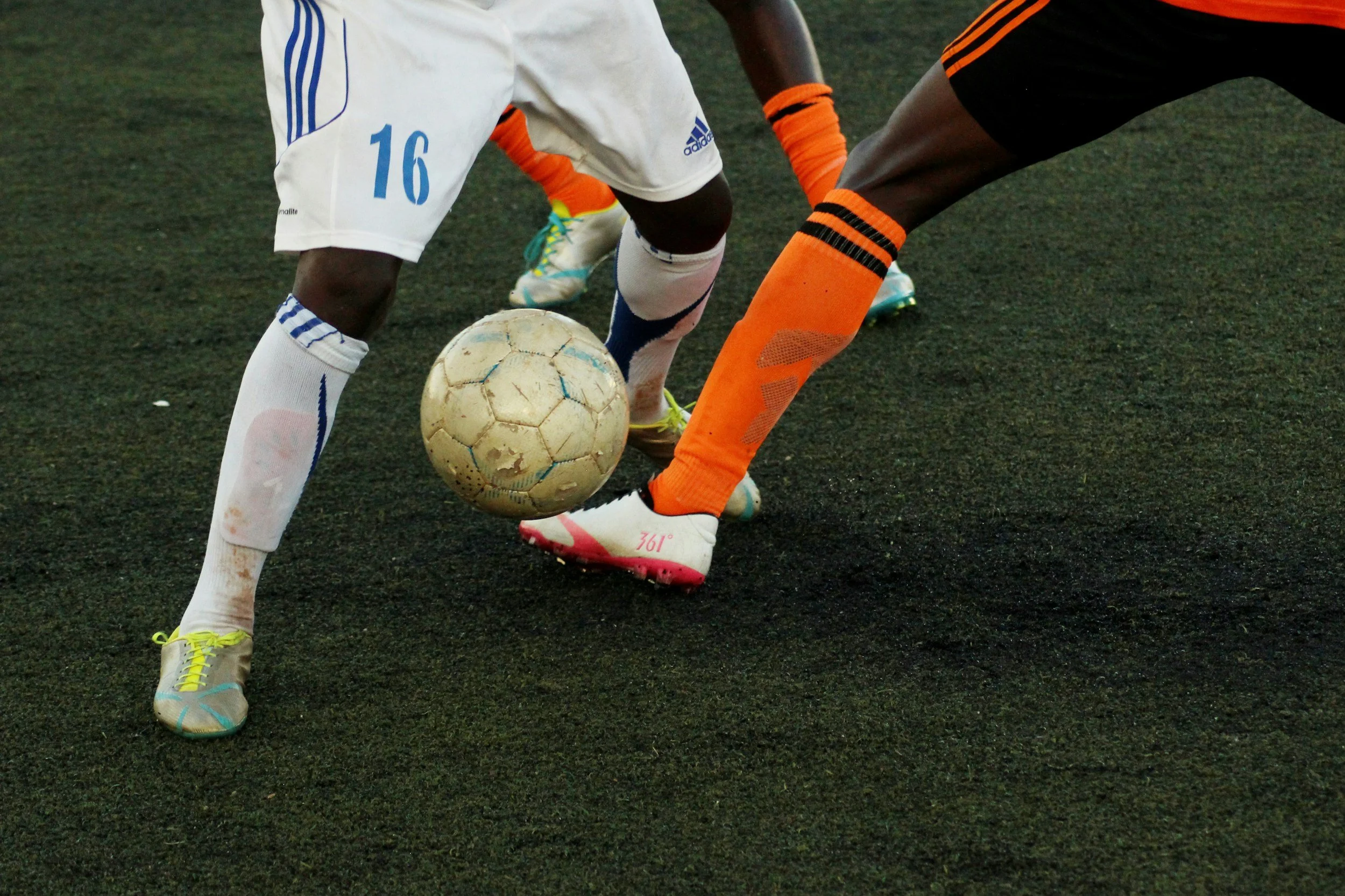How to Deal with Hearing and Vision Loss After Accidents
By PAGE Editor
Accidents can change lives in an instant. A head injury, chemical spill, or sudden blow can damage the eyes or ears. This kind of trauma may lead to conditions like tinnitus, hearing loss, retinal detachment, or even permanent vision damage.
Losing any sense is more than physical—it affects how we connect with the world. Many people feel shock, fear, or deep frustration when their sight or hearing is suddenly impaired. In cases involving severe injuries, it's often necessary to look for a hearing and vision injury lawyer who understand the complexity of sensory loss claims and can help protect our rights.
Immediate Steps to Take After an Accident
After an accident, it's vital to seek emergency medical attention immediately. Doctors can properly assess any damage that may have occurred to your hearing and vision.
It's also important to carefully document any symptoms you experience. This might include:
Blurred vision
Ringing in the ears
Partial deafness
Don't try to treat these symptoms yourself, and don't ignore them. Getting professional help early can improve the outcome.
Medical and Rehabilitation Options
There are several helpful options for hearing loss after an accident. Hearing aids can make sounds louder, and cochlear implants can help in more severe cases. Auditory therapy can also train your brain to better understand sounds.
The path forward depends on the specific injury. Sometimes, surgery can help. There are also low-vision aids, such as special glasses and magnifiers. Occupational therapy can teach new ways to do everyday tasks with reduced vision. Doctors will likely refer you to specialists such as audiologists for hearing, ophthalmologists for vision, and possibly neurologists to assess brain-related issues.
Adapting to Daily Life with Sensory Loss
Losing hearing or vision doesn't mean losing independence. Modern tools can help bridge the gap:
Assistive devices like screen readers for computers, amplified phones for clearer calls, and Braille displays for reading keep you connected.
Home adjustments matter, too: Install brighter LED bulbs, add contrasting colored tape on stair edges, and use vibrating alarm clocks for safety.
Communication tools such as speech-to-text apps, learning basic sign language, or practicing lip-reading can make conversations flow more easily.
Small changes can significantly improve daily comfort and confidence. The key is to find what works best for your specific needs.
Emotional Support and Coping Strategies
Losing hearing or vision can feel like losing part of yourself, and that's okay. What matters most is how you move forward.
Professional support helps: Counselors specializing in sensory loss can teach coping techniques, while support groups connect you with others who truly understand. The American Foundation for the Blind and the Hearing Loss Association of America offer excellent resources.
Build your team: Lean on understanding family members, friends who'll learn communication methods with you, and therapists who specialize in adjustment counseling.
Embrace the journey: Healing isn't linear. Some days will be harder than others. Celebrate small victories, like mastering a new assistive device or conversing successfully. With time and support, you'll develop new strengths you never knew you had.
HOW DO YOU FEEL ABOUT FASHION?
COMMENT OR TAKE OUR PAGE READER SURVEY
Featured







Explore the top AI girlfriend affiliate programs to boost your earnings in 2025. Discover strategies and tips to succeed. Read the article now!